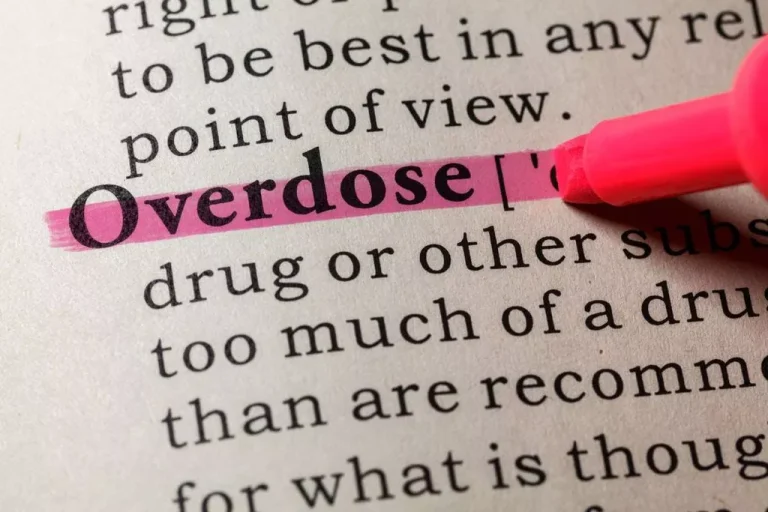
The process of blood clotting is very complex, blood thinners and alcohol with multiple chains of chemical reactions called the “clotting cascade” that must occur to develop a blood clot. Blood thinners slow parts of this process, making blood clots form more slowly. This helps prevent blood clots from lodging in the heart, causing a heart attack; in the brain, causing a stroke; or in the lungs, causing a pulmonary embolism. Combining alcohol and blood thinner medications like warfarin may cause you to bleed more easily. Like Arixtra, Lovenox is a low molecular weight heparin given as an injection.
- It is not uncommon to want to transition from one anticoagulant drug to another.
- However, those already dealing with blood-pressure-related illnesses and heart conditions should only drink in moderation.
- Patients should discuss safe consumption levels (if any) with their doctor.
- Alcohol thins the blood by increasing the activity of clotting factors like factor VII, leading to a higher risk of blood clots.
- The exact mechanisms are complex and multifaceted, but it is known that alcohol can affect the electrophysiology of the heart, altering its normal rhythm.
Navigating The Risks In Addiction Recovery
If you are experiencing serious bleeding, it is important for you to tell your doctor all the medications and supplements you are taking and inform them of any food or drink that you have consumed recently. This can help them determine if something is causing an interaction that could lead to serious bleeding. Always consult your healthcare provider to ensure the information displayed on this page applies to your personal circumstances. In addition, some direct-acting oral anticoagulants are broken down in the liver for excretion. If you have liver disease or a history of liver disease, tell your healthcare provider.

Shop AFib Products on Amazon

Blood thinners can be dangerous by themselves as well, making it essential to seek medical advice when symptoms or potential concerns arise. As many as three million people take blood thinners each year, but some may not be aware of how these medications interact with substances like alcohol. On their own, blood thinners can create a number of health risks and increase the chances of serious bleeding. When combined with alcohol use, however, the risks become much more severe. They are a group of drugs that stop certain blood cells (called platelets) from clumping together and forming a blood clot to help stop bleeding.
Eliquis (apixaban) and Alcohol
Without an information overload or a sales pitch, you’ll Alcoholics Anonymous learn key considerations to protect your health while on this medication. Blood thinners, whether they are anticoagulants or antiplatelets, don’t dissolve the clot but they can prevent clots from forming and small clots from getting bigger. They do this by helping the blood flow smoothly through the blood vessels.
- Without an information overload or a sales pitch, you’ll learn key considerations to protect your health while on this medication.
- While alcohol does not directly interact with the mechanism of Eliquis, its combination can exacerbate it’s blood-thinning effect.
- It can raise your risk of blood clots by increasing your platelet count and activating blood platelets, making them more prone to spontaneous clotting.
- They can offer you other options and work with you to address your drinking issues prior to starting blood thinners.
- Secondly, drinking alcohol can interfere with how medicine works, and blood thinners are no exception.
Light to moderate alcohol use can slightly thin the blood, but heavy drinking increases the chance of blood clot formation. While moderate drinking may have a subtle thinning effect, relying on alcohol to improve heart health or as a “blood thinner” is not recommended. On the other hand, it’s also important to note that alcohol should not be used as a substitute for these prescribed blood thinners, as its effects are not consistent and can vary based on individual factors. Blood thinners, medically known as anticoagulants, are a group of medications that help prevent blood clots.


